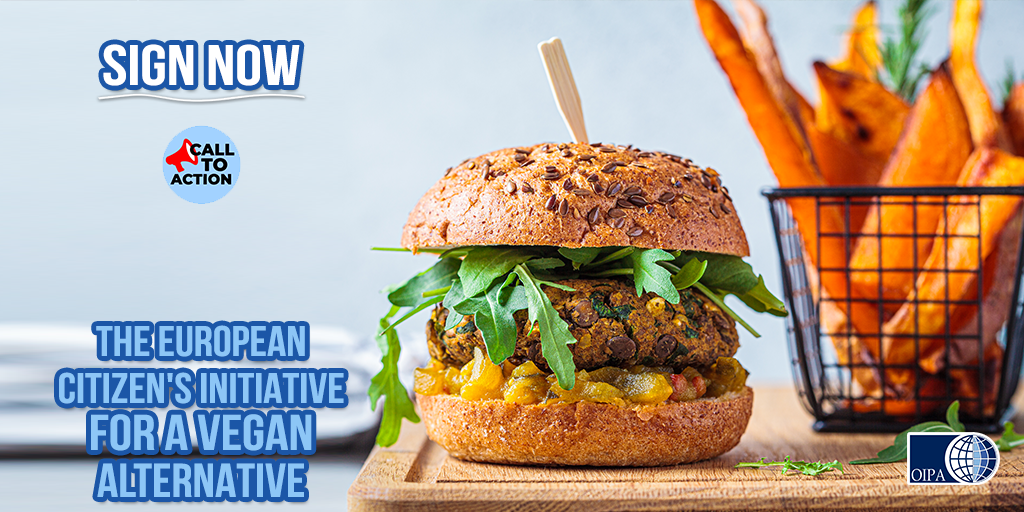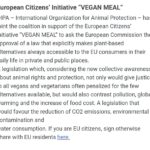 The number of people who are changing over a plant-based and cruelty free diet is growing rapidly, in particular it is a choice made frequently among the youth. Many families start including food, drinks and vegetable dressings in their weekly shopping. An increase in demand that should led to a wider offer available and a greater supply of alternatives.
The number of people who are changing over a plant-based and cruelty free diet is growing rapidly, in particular it is a choice made frequently among the youth. Many families start including food, drinks and vegetable dressings in their weekly shopping. An increase in demand that should led to a wider offer available and a greater supply of alternatives.
A choice driven by ethical, environmental and health reasons:
♦ ETHICAL because a vegan diet does not imply the exploitation and killing of animals, responding to the emerging collective awareness that animals are sentient beings with feelings and emotions and must have rights and protection.
♦ ENVIRONMENTAL because this kind of diet can bring great benefits for the planet, such as mitigation of the climate crisis; it reduces the loss of biodiversity and the effect of deforestation; it contributes to less food waste and malnutrition as well as a better use of land and the defence of marine life.
♦ HEALTH because it benefits our body being healthier, for example reducing the risk of obesity, cardiovascular and ischemic heart diseases, hypertension, stroke, and lowering the chance of getting certain types of cancers, such as prostate and colon cancer.
As stated in a very well written article of the UN Environment Programme “How tweaking your diet can help save the planet“: “Adopting plant-rich diets would use less land, produce less greenhouse gas, require less water and improve animal welfare. It would also make available more cropland, crucial with the global population set to hit 9 billion people in 2050. Moving toward plant-rich diets could also help to reduce chronic illnesses, such as heart disease, stroke, diabetes and cancer, as well as the associated costs of treatment and lost income.”
OIPA – International Organization for Animal Protection – has joint the coalition in support of the European Citizens’ Initiative “VEGAN MEAL” to asks the European Commission to propose concrete legislative actions and the approval of an EU law that explicitly makes plant-based alternatives always accessible to the EU consumers in their daily life in private and public places. If public and private places selling food and drinks, such as cafeterias, restaurants, supermarkets, shopping mall, cinemas, etc, would offer more vegan alternatives, the number of people oriented toward a vegan diet would increase significantly.
A legislation which, considering the new collective awareness about animal rights and protection, not only would give justice to all vegans and vegetarians often penalized for the few alternatives available, but would also contrast pollution, global warming and the increase of food cost. A legislation that would favour the reduction of CO2 emissions, environmental contamination and water consumption.
We call on the European Governments to take action and start with lowering retail prices of fruits and vegetables, thus investing for the health of the population and supporting plant-based food producers and education in Europe.
JOIN THE INITIATIVE, SIGN NOW FOR A VEGAN ALTERNATIVE
CAMPAIGN CLOSED!
WHAT'S NEW








